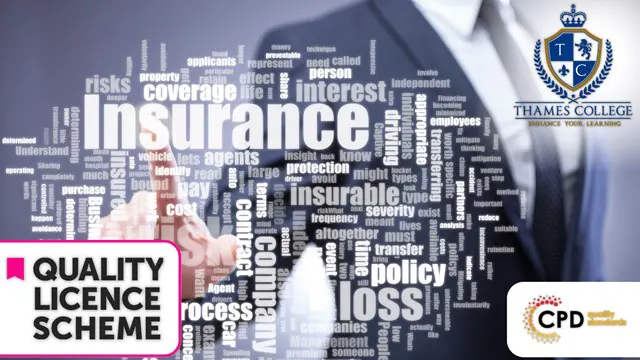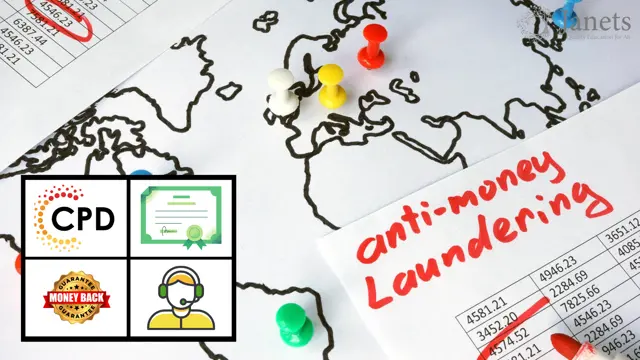Diploma in UK Insurance and Risk Management Level 5 & 7 - QLS Certificate
Thames College
Level 5 & 7 Endorsed Diploma | QLS Hard Copy Certificate Included | Plus 5 CPD Courses | Lifetime Access
- Online
- 88 hours · Self-paced
- Certificate(s) included
- 40 CPD points
- Tutor support
Great service
The world of insurance and risk management is like a vast ocean, with waves of information crashing against the shores of your understanding. But fear not, for our UK Insurance and Risk Management bundle is here to guide you through the choppy waters and help you navigate with co
…




